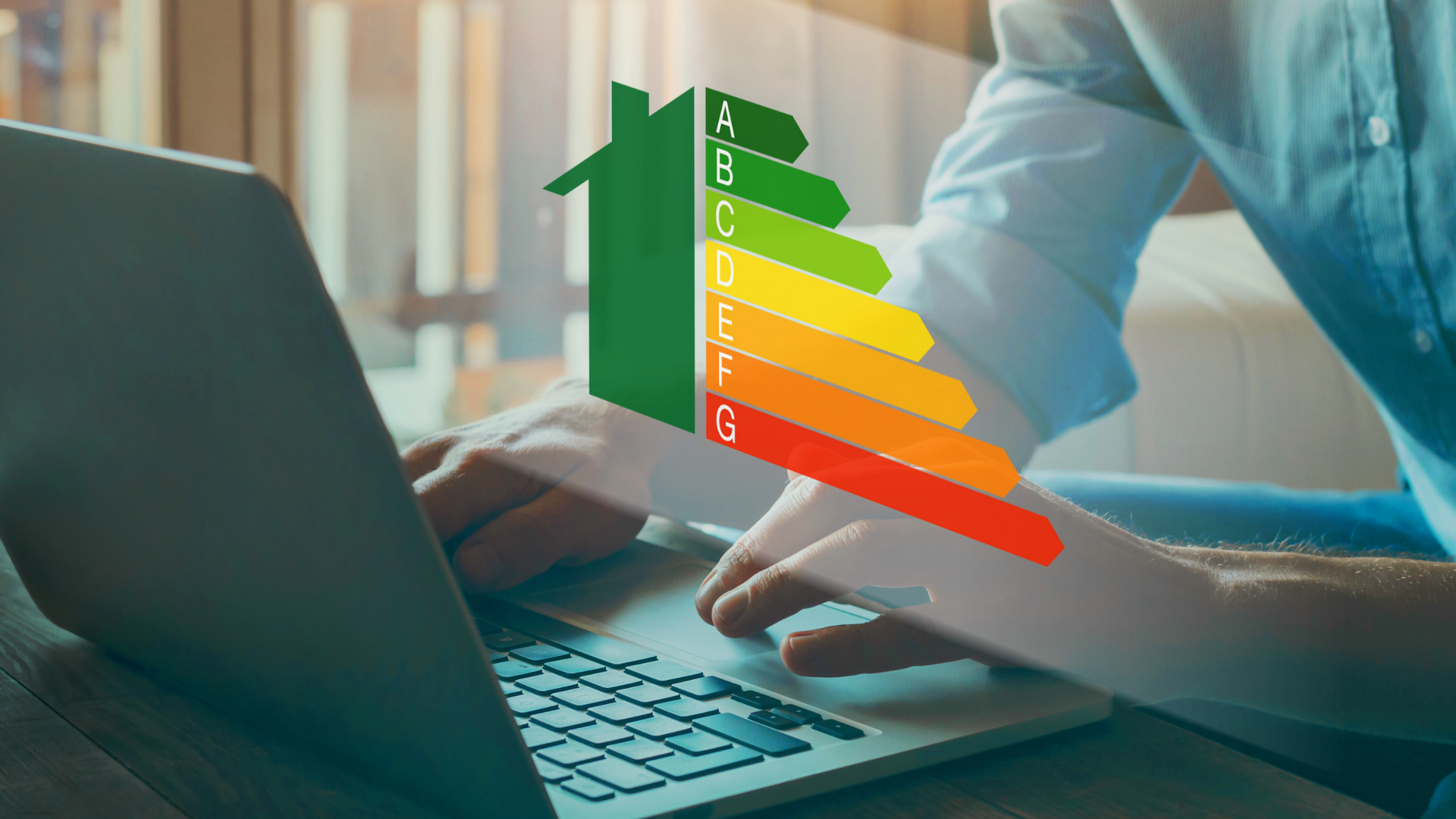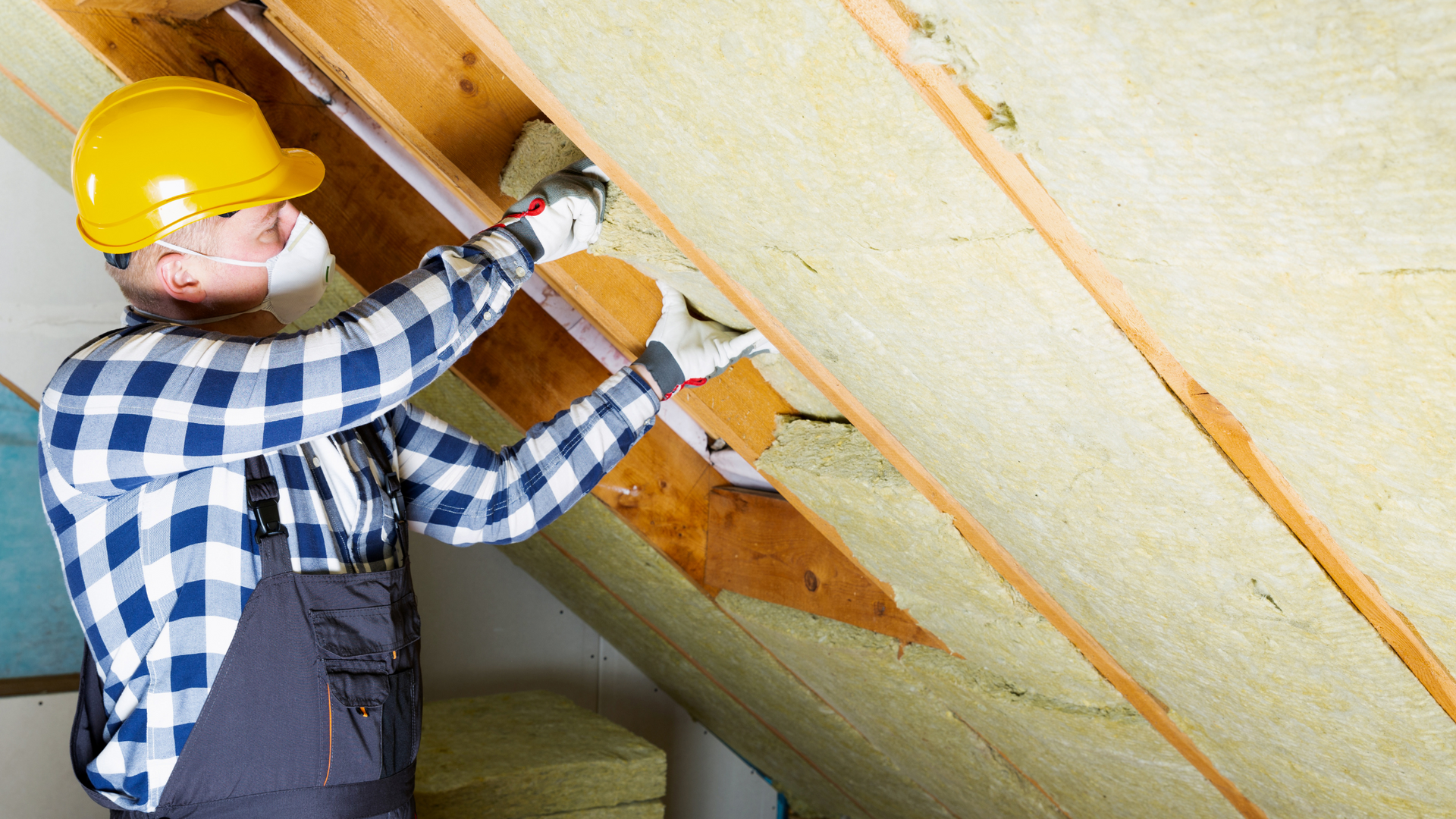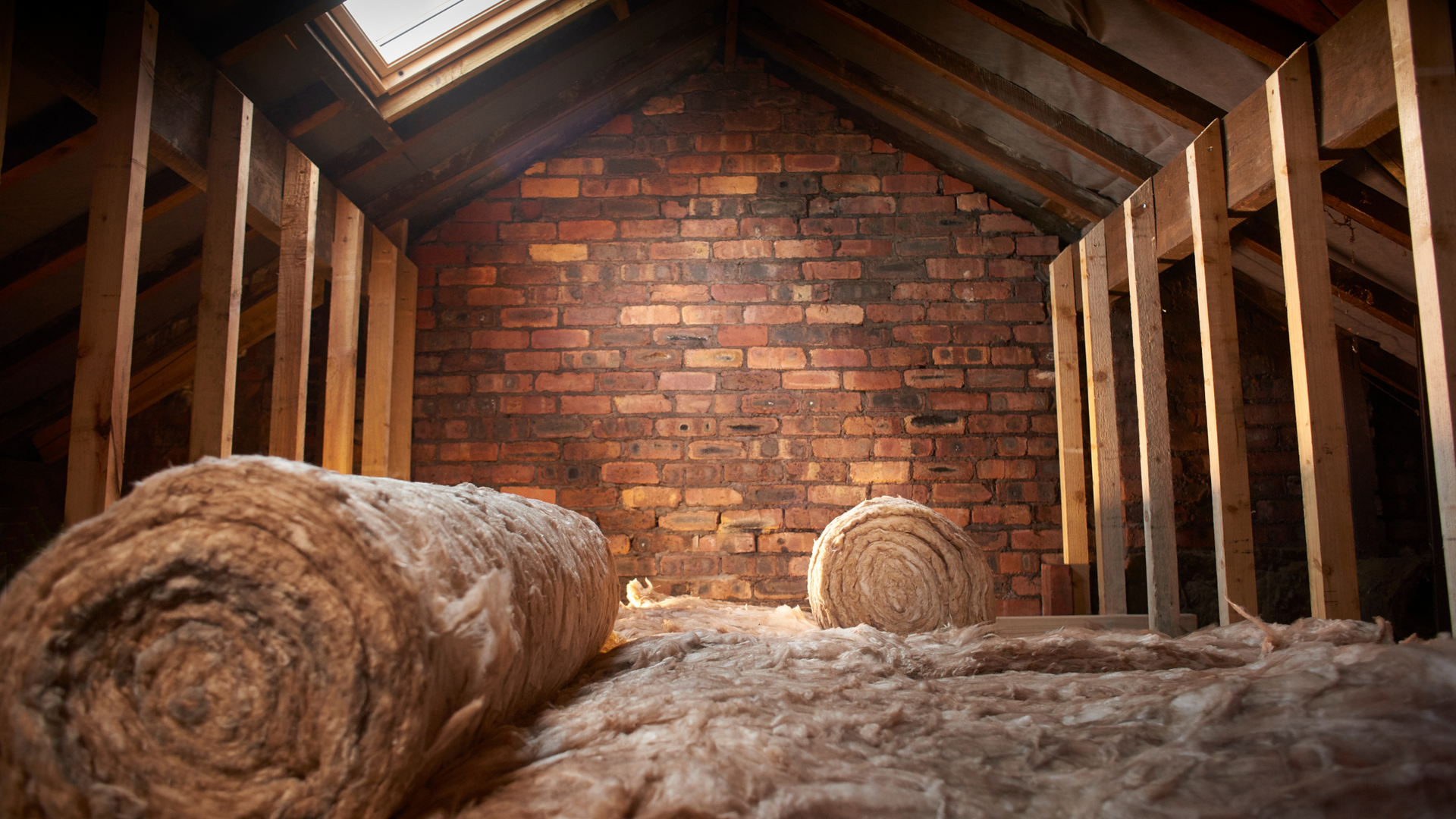The Ultimate Guide to the Great British Insulation Scheme: Measures, Eligibility and How to Apply
Introducing the Great British Insulation Scheme, previously known as ECO+, a government initiative aimed at helping households insulate their homes, improve energy efficiency and reduce energy bills. With the scheme already launched and set to run until March 2026, it's time to discover how this £1 billion programme can benefit households across the UK.
In this blog post, we'll delve into the details of the scheme, its eligibility criteria and the range of energy-saving measures available.
Benefits of the Great British Insulation Scheme
The Great British Insulation Scheme aims to support approximately 300,000 households by providing financial assistance for home insulation. By participating in the scheme, households can save an estimated £300 to £400 per year on their energy bills.
The focus is on helping those with the lowest incomes, while also extending support to households living in energy-inefficient homes with Energy Performance Certificate (EPC) ratings of D or below, as well as those in lower Council Tax bands (A-D in England, A-E in Scotland and Wales). This inclusive approach ensures that more people, especially those struggling with high energy costs, can benefit from making their homes more energy efficient.
The Aim of the Great British Insulation Scheme
The Great British Insulation Scheme has a clear goal: to deliver single insulation measures to two main groups of customers. The first group consists of low-income individuals who do not meet the minimum requirements for ECO4 assistance. The scheme aims to provide them with valuable insulation measures to improve their living conditions. The second group includes households based on council tax band and Energy Performance Certificate (EPC) rating, targeting a wider range of individuals who can benefit from energy-saving upgrades.

Eligibility Criteria
To take advantage of the Great British Insulation Scheme, households will need to fall under one of the following groups:
The Low-Income Group
- Occupants are on one of the benefits below and have an EPC rating of G-D
- Child Benefit
- Pension Guarantee Credit
- Employment and Support Allowance (ESA)
- Income Support
- Child Tax Credits
- Working Tax Credits
- Universal Credit (UC)
- Pension Credit Savings Credit
- Housing Benefit
N.B. Properties in E, F & G will need to demonstrate that the ECO4 minimum requirements can’t be met before they can receive a single measure under the Great British Insulation Scheme
- If the household is owner-occupied, the customer can have Heating Controls (Room Stat, Programmer, TRVS only) as a secondary measure alongside a primary insulation measure
- Private rented sector households can receive any insulation measure
The General Group
- Council tax bands A-D in England and A-E in Scotland and Wales & starting EPC rating of G-D
- If private-rented, can only receive a higher cost insulation measure (e.g. not Loft Insulation or Cavity Wall Insulation)
Eligible Measures Under the Great British Insulation Scheme
The Great British Insulation Scheme offers an extensive selection of eligible measures to address various insulation needs. These measures include:
- Cavity Wall Insulation
- Internal Wall Insulation
- External Wall Insulation
- Loft Insulation
- Underfloor Insulation
- Pitched and Flat Roof Insulation
- Room-in-Roof Insulation
- Park Home Insulation
- Solid Floor Insulation

Application Process
Applying for the scheme is a straightforward process:
- Get in touch with our team to express your interest in the Great British Insulation Scheme.
- Our experts will then carry out an eligibility assessment and evaluate your eligibility based on the scheme's criteria, considering your property's EPC rating and Council Tax band.
- You will also receive personalised guidance and recommendations on the energy-saving measures suitable for your home.
- Our team will then assist you in completing the necessary paperwork and submitting the application.
- If approved, the chosen energy efficiency measures, such as loft and cavity wall insulation, will be installed in your home.
The Great British Insulation Scheme presents an exciting opportunity for households to improve the energy efficiency of their homes, make them more sustainable and save money on their energy bills.
With a strong emphasis on supporting low-income households and those residing in energy-inefficient homes, this government initiative strives to make energy-saving measures easily accessible to a broader range of individuals.
If you'd like to learn more about the government scheme or have any questions, don't hesitate to
get in touch with our team.








